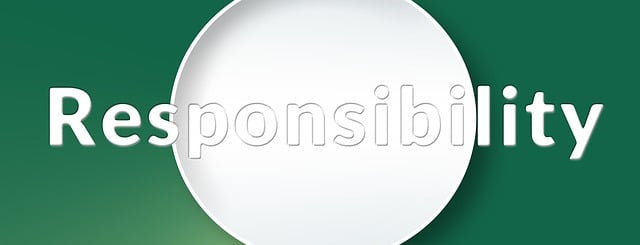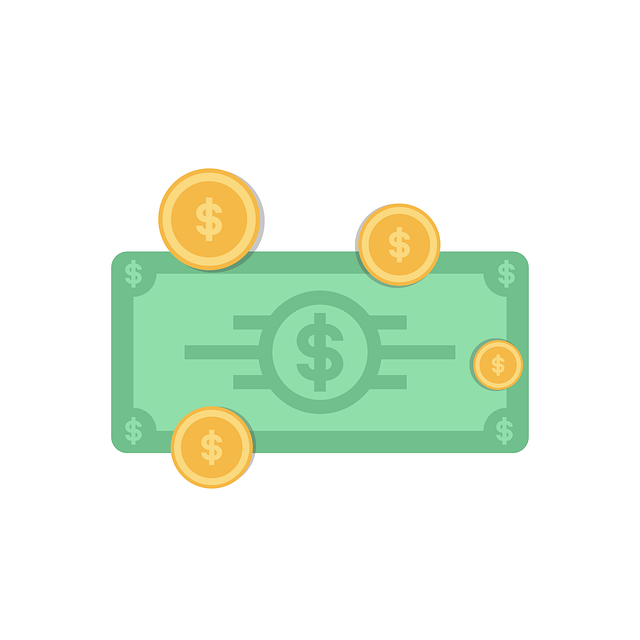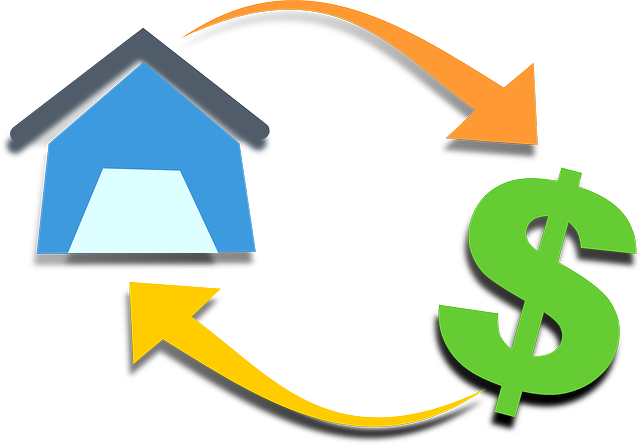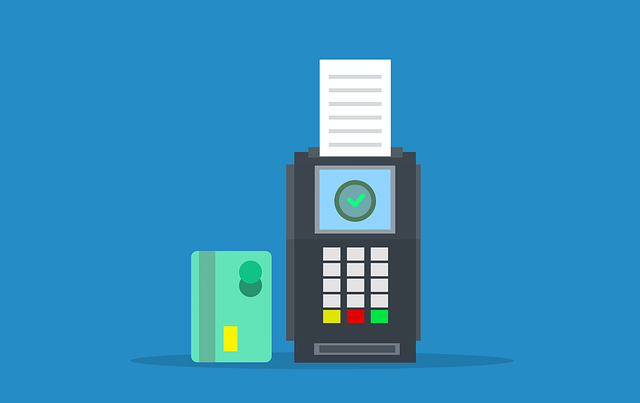Debt consolidation offers South Africans a strategic solution to manage multiple, high-interest credit card debts. By combining several debts into one single loan with lower rates, individuals can reduce interest paid, simplify repayment processes, regain financial control, and improve creditworthiness. In SA, easy access to credit cards has led to rising debt, making consolidation essential for escaping the cycle of compounding interest. Effective consolidation involves assessing current debts, choosing a reputable lender, applying for a loan, and creating a realistic repayment plan. Mistakes to avoid include addressing only symptoms and missing out on better consolidation terms. Post-consolidation, long-term financial planning is crucial for securing future financial health through budget management, savings, and strategic spending.
In South Africa, managing credit card debt is a financial challenge for many. This article offers a comprehensive guide to understanding and tackling this prevalent issue through debt consolidation. We break down the basics of consolidation, explore its numerous advantages, and provide a step-by-step process tailored to South African circumstances. Learn how to avoid common pitfalls and gain insights into long-term financial planning post-consolidation, empowering you to take control of your financial future.
- Understanding Debt Consolidation: A Simple Explanation
- The Prevalence of Credit Card Debt in South Africa
- Advantages of Consolidating Credit Card Debt
- Step-by-Step Guide to Debt Consolidation in SA
- Common Mistakes to Avoid During Debt Consolidation
- Long-term Financial Planning After Debt Consolidation
Understanding Debt Consolidation: A Simple Explanation

Debt consolidation is a financial strategy that involves combining multiple debts into one single loan with a lower interest rate and more manageable terms. In simple terms, it allows individuals to simplify their repayment process by paying off several creditors in full and then focusing on making consistent payments towards a new, consolidated debt. This approach can be particularly beneficial for South Africans burdened by high-interest credit card debt, offering them an opportunity to regain control of their finances.
By consolidating their debt, borrowers can reduce the overall interest they pay over time, which is one of the primary advantages. This method also streamlines repayment, making it easier to keep track of a single loan payment instead of multiple ones. It’s a popular tool for managing consumer debt and can be an effective first step towards financial recovery and improved creditworthiness.
The Prevalence of Credit Card Debt in South Africa

In South Africa, credit card debt has become a significant concern for many individuals and families. With the ease of access to credit cards and a culture that encourages spending, it’s not uncommon for people to find themselves overwhelmed by the financial burden they carry. According to recent statistics, a large portion of South Africans have credit card balances, with an average debt amount per card holder being substantial. This trend highlights the growing need for effective debt management strategies, especially the consolidation of debt as a means to regain financial control.
The prevalence of credit card debt is further exacerbated by high interest rates and various fees charged by banks, making it challenging for borrowers to keep up with repayments. Many South Africans rely on their credit cards for everyday expenses, leading to a cycle of borrowing and rolling over balances. As a result, many find themselves in situations where they struggle to meet minimum payments, causing debt to compound and interest rates to accrue, further deepening the financial hole. This is where consolidation of debt becomes an attractive option, offering a potential pathway to financial stability and relief from the burden of multiple credit card debts.
Advantages of Consolidating Credit Card Debt

Debt consolidation for credit card debt in South Africa offers several advantages that can significantly improve your financial situation. By combining multiple high-interest credit card balances into a single loan with a lower interest rate, you can simplify your repayments and reduce the overall cost of your debt. This strategy allows you to focus on paying off one loan rather than several, making it easier to manage your finances and stick to a repayment plan.
Additionally, consolidation can help improve your credit score over time. Making timely payments on a consolidated loan demonstrates responsible borrowing habits to credit providers. As a result, you may find it easier to access credit in the future, either through lower interest rates or more favourable terms. This can be particularly beneficial for those looking to make major purchases like a home or car, as well as for securing better loan offers in the long term.
Step-by-Step Guide to Debt Consolidation in SA

Debt consolidation in South Africa offers a strategic way to manage multiple debts and improve financial health. Here’s a step-by-step guide to help you navigate this process:
1. Assess your current debt situation: Start by listing all your debts, including credit card balances, personal loans, and any other outstanding payments. Calculate the total amount owed and the interest rates associated with each debt. Understanding your financial constraints is crucial for effective consolidation.
2. Explore consolidation options: South Africa provides various debt consolidation methods, such as personal loans from banks or building societies, debt restructuring plans offered by financial institutions, or even using a credit counselling service. Research these options, comparing interest rates, terms, and conditions to find the most suitable consolidation loan for your needs.
3. Choose a reputable lender: Ensure you select a licensed and reputable lender with a positive track record. Check their terms, fees, and any associated charges. Reputable lenders will offer transparent information about the debt consolidation process and help you understand the implications of late payments or defaulting on the loan.
4. Apply for the consolidation loan: Gather your financial documentation, including proof of identity, income statements, and details of existing debts. Submit an application to the chosen lender, providing accurate information to facilitate a smooth approval process.
5. Repayment plan and budget: Once approved, work with your lender to establish a realistic repayment plan that aligns with your budget. Make sure you understand the repayment schedule and interest calculations. Create a new budget that accommodates loan repayments while ensuring you can still cover other essential expenses.
Common Mistakes to Avoid During Debt Consolidation

When considering debt consolidation, many South Africans make costly mistakes that could prolong their financial struggles. One of the most prevalent is relying solely on consolidation without addressing the consolidation of debt root causes. It’s crucial to understand why you accumulated debt in the first place; was it due to impulsive purchases, income inadequacy, or unforeseen expenses? Without tackling these issues, you might merely transfer your debt to a new loan with potentially higher interest rates.
Another common pitfall is choosing a consolidation plan without thoroughly comparing options. Different loans have varying terms and conditions, interest rates, and fees. You should research extensively and consider factors like the overall cost of borrowing, repayment periods, and any associated penalties for early repayment. Ignoring these details could result in paying more over time or facing restrictions that limit your financial flexibility.
Long-term Financial Planning After Debt Consolidation

After successfully consolidating your debt, long-term financial planning becomes a critical step in ensuring a secure future. This involves creating a budget and sticking to it, prioritizing savings, and understanding your spending habits. A well-thought-out budget should allocate funds for essential expenses, savings, and even recreational activities, helping you avoid accumulating new debt.
Regularly reviewing and adjusting your financial plan is vital. As you pay off debts, your financial goals may shift, and it’s essential to adapt. This could include increasing savings rates or investing in assets that support your long-term objectives. Remember, consolidation is a tool to simplify your finances; ongoing discipline and strategic planning will solidify your financial health over time.
Debt consolidation can be a powerful tool for South Africans struggling with credit card debt. By understanding the process, its benefits, and potential pitfalls, individuals can make informed decisions to take control of their finances. This article has provided a comprehensive guide, from explaining the basics of debt consolidation to offering practical tips for long-term financial health. With the right approach, consolidating debt can lead to significant savings and a brighter financial future in South Africa.







